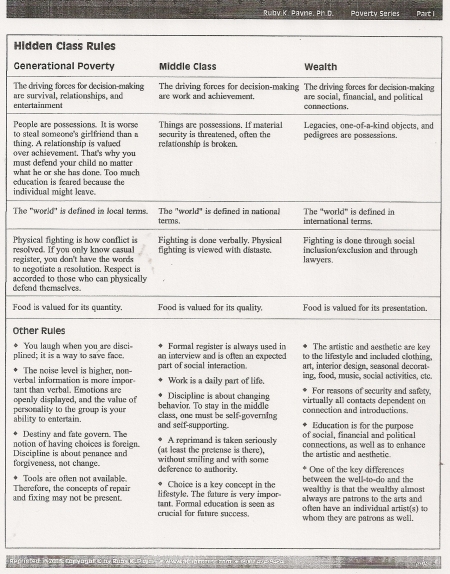When I was a boy in western Maryland in the 1940s, I sometimes heard people say things like, “The Negroes aren’t so bad, compared to the poor white trash.”
The underlying meaning was that it was part of the nature of things for black people to be poor and marginalized, but there was something deeply wrong with white people who let themselves sink to the same status.
 I just finished reading a book, WHITE TRASH: the untold 400-year history of class in America by Nancy Isenberg (2016), that tells how these attitudes go back literally to the first settlements at Plymouth Rock, Jamestown and before, and persist today.
I just finished reading a book, WHITE TRASH: the untold 400-year history of class in America by Nancy Isenberg (2016), that tells how these attitudes go back literally to the first settlements at Plymouth Rock, Jamestown and before, and persist today.
Today’s poor rural Southern white people of today may literally be lineal descendants of the convicts, debtors, beggars, orphans, homeless vagrants and unemployed vagrants who were shipped to England’s North American colonies in the 17th century.
Many were victims of the enclosure movement, in which wealthy landowners privatized common lands formerly used by small or tenant farmers, leaving them without an obvious means of livelihood. These displaced poor people were regarded as useless—much as workers replaced by automation are regarded by economists and corporate executives today.
The prevailing attitude then was that families were “the better sort” or “the meaner sort,” that they were “well-bred” or “ill-bred”. Today we think of “good breeding” as applied to individual persons as meaning the person has been taught the proper way to behave. Back then, roughneck poor people were regarded as inherently inferior.
Our American tradition is that the seeds of our nation were planted by freedom-seeking New England Puritans and adventurous Virginia Cavaliers. This is true, but only a half-truth. The ships that brought them to the New World also brought penniless, landless English poor people, who were regarded as surplus population.
What set the English poor white colonists apart was that they were not given land. They were intended to be servants and field workers. When black African slaves turned out to be more efficient and exploitable workers than indentured English servants, they lost even this role.
Even so some of the poor whites acquired property and a measure of social status. White Trash is about the descendants of the ones that didn’t.
They fled to the western frontier of settlement. But the wealthy and well-connected had already obtained title to most of the frontier land. Poor whites became squatters. They contended that clearing, improving and planting land gave them the right to have it; title-holders disagreed. This was the source of much conflict both in the colonies and the newly-independent United States.
